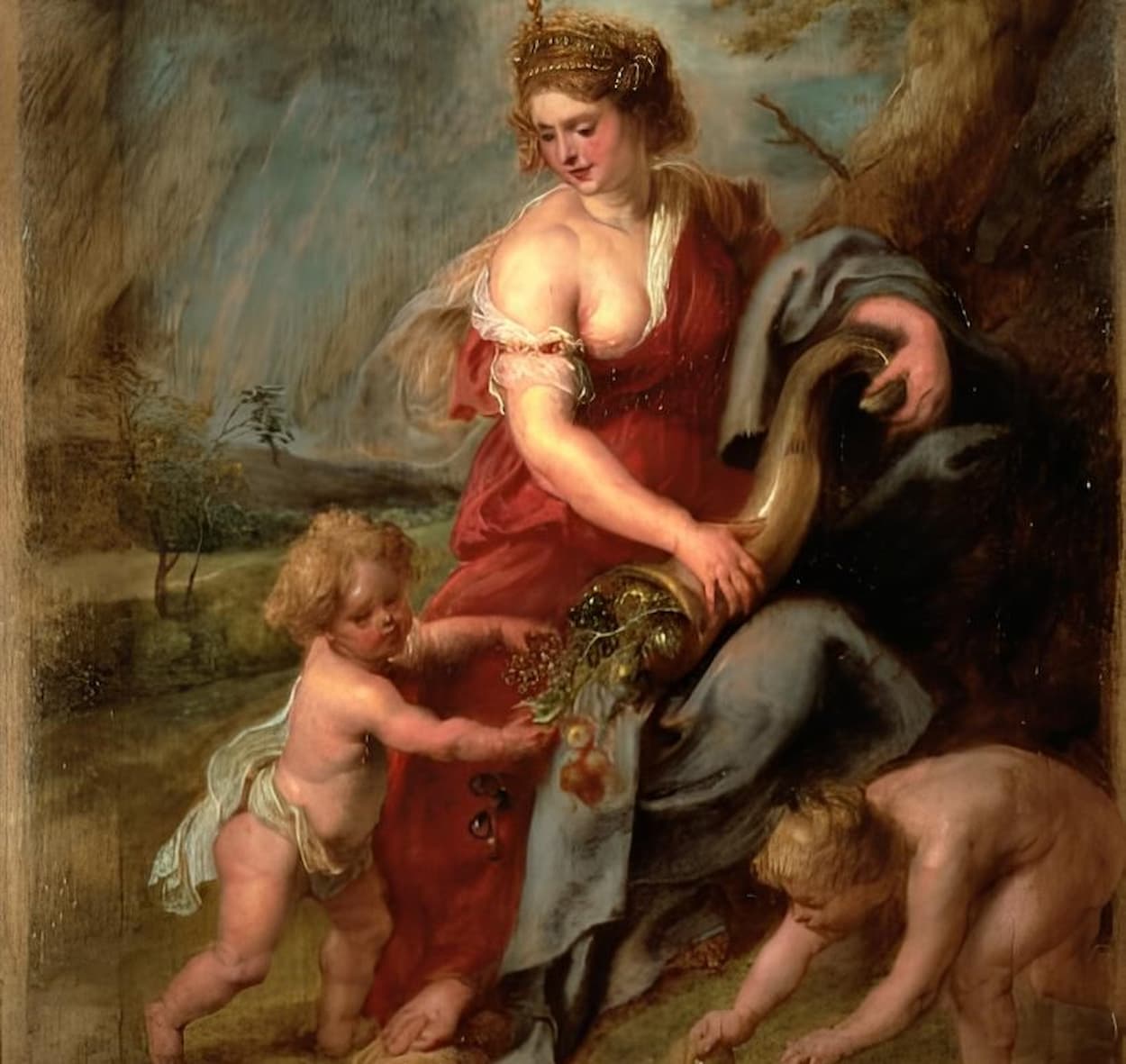Fauna: Wife or Sister of Faunus, the Roman Pan
Fauna's origin and meanings are obscure. In the early days, she was simply called "the kind goddess."

Fauna's origin and meanings are obscure. In the early days, she was simply called "the kind goddess."



